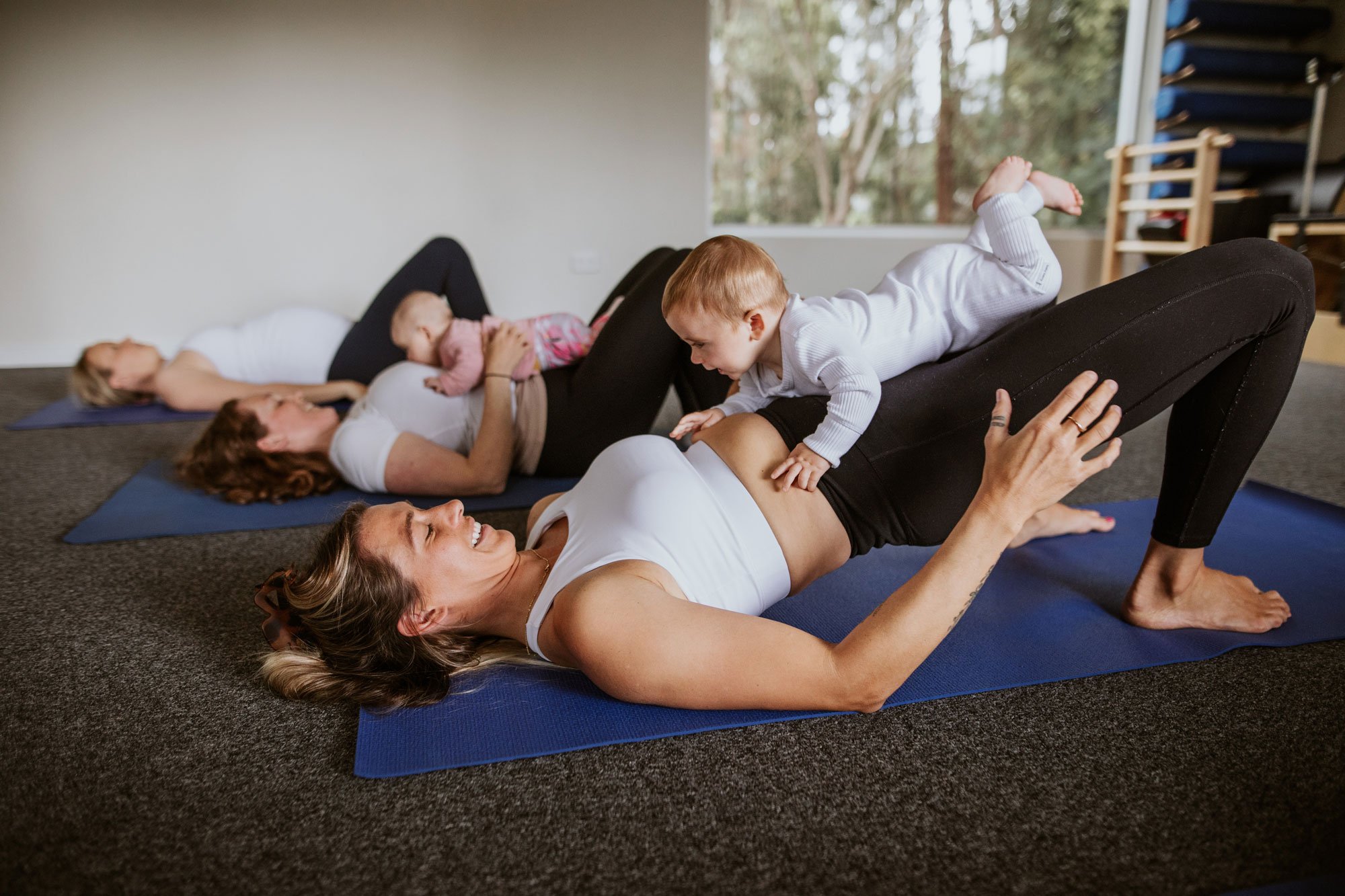Postnatal Assessments
Giving birth is one of life’s truly remarkable experiences and pregnancy and delivery (vaginal or caesarean section) are major events that bring about much change to your body and your life. Therefore, it is critical to understand how this process has affected you to enable optimal recovery postpartum and a safe return to exercise.
Pelvic floor muscles (PFM) undergo huge changes during pregnancy and during labour. A pelvic floor program after the birth of your baby is essential to reduce your chance of incontinence and prolapse, increase your sensation with sex, and improve your efficiency with higher impact exercise.
As women it is important to understand the risks and consequences of birth, how to care for your body following delivery, and what you should look out for following birth and returning to exercise.
The good news? There are many things that can be done to treat and better still, prevent pain & discomfort in this period!
We highly recommend a pelvic floor postnatal check with a Women’s Health Physiotherapist from 6-8 weeks after birth. The physiotherapy assessment enables you to understand the specific areas of the body you need to rehabilitate, especially your pelvic floor muscles to enable a return to normal function, especially when returning to more demanding exercise. In cases where the condition is related to the pelvic floor, bladder or bowel an internal examination may be necessary to achieve and accurate diagnosis and treatment plan.

Mums and Bubs Classes
The recovery period postpartum varies for everyone. After giving birth, either vaginally or via caesarean section, your body needs time to rest, heal and rehabilitate. Rehabilitation should be focused around setting a good foundation from the beginning to prevent dysfunction or injuries down the track.
Our Mums and Bubs classes take into account the specific needs of new mums, focusing on the pelvic floor, deep abdominals, spinal mobility, upper back stretches, hip stretches and hip strengthening.
Note: We suggest seeing a Women’s Health Physio to assess your pelvic floor and abdominal separation and offer any specific exercises you may require in addition to regular Pilates.


